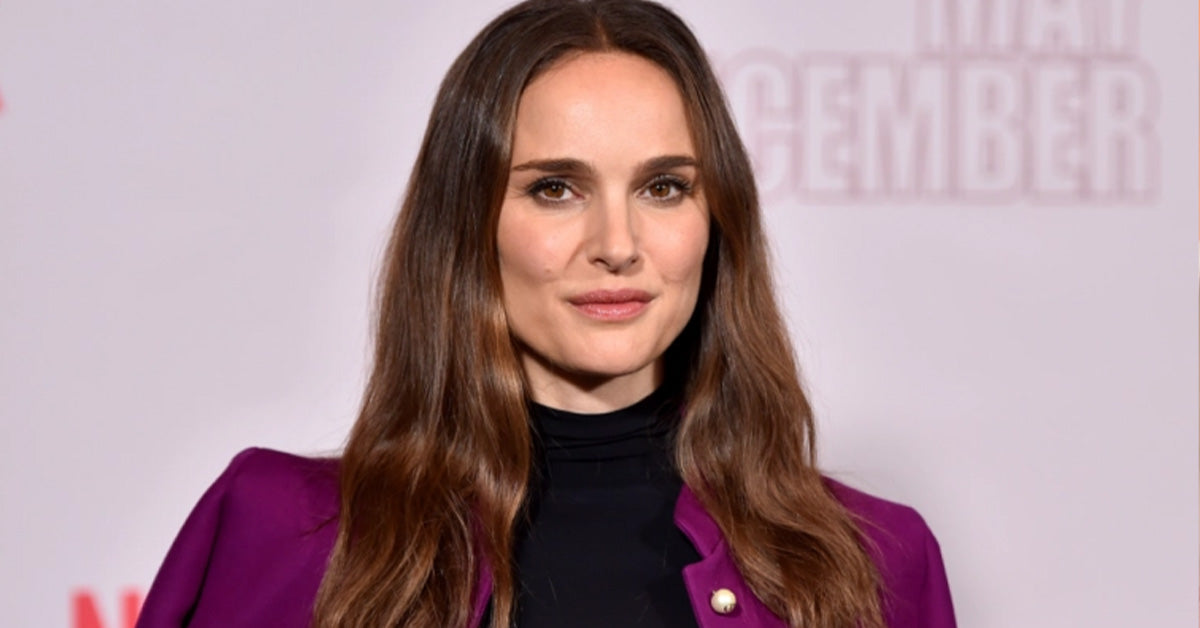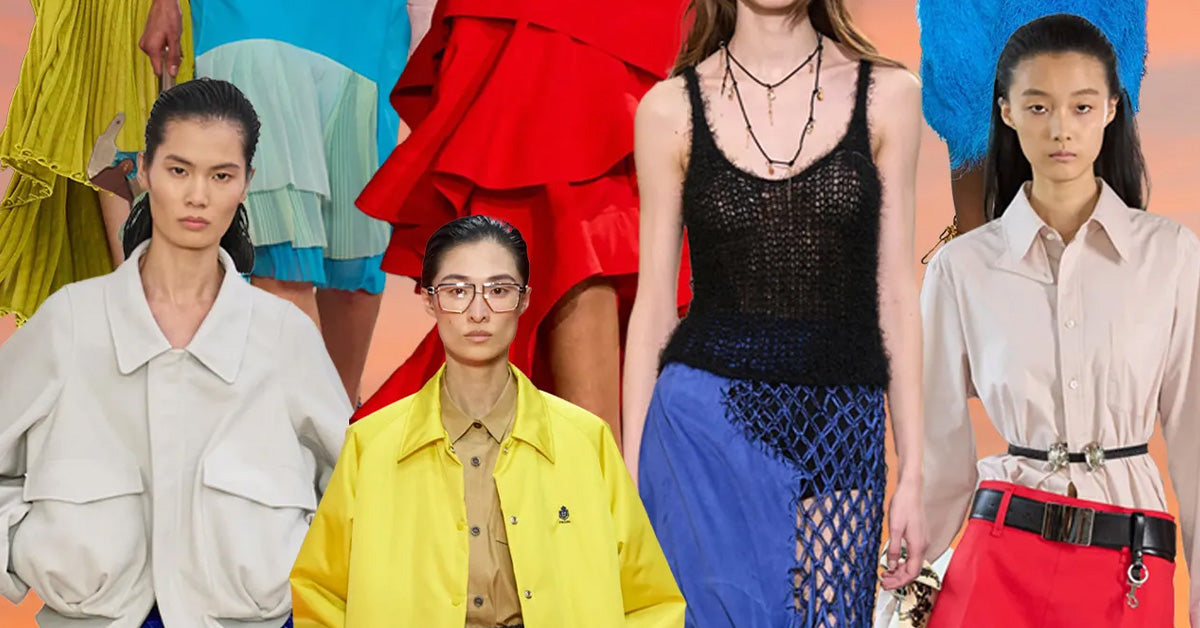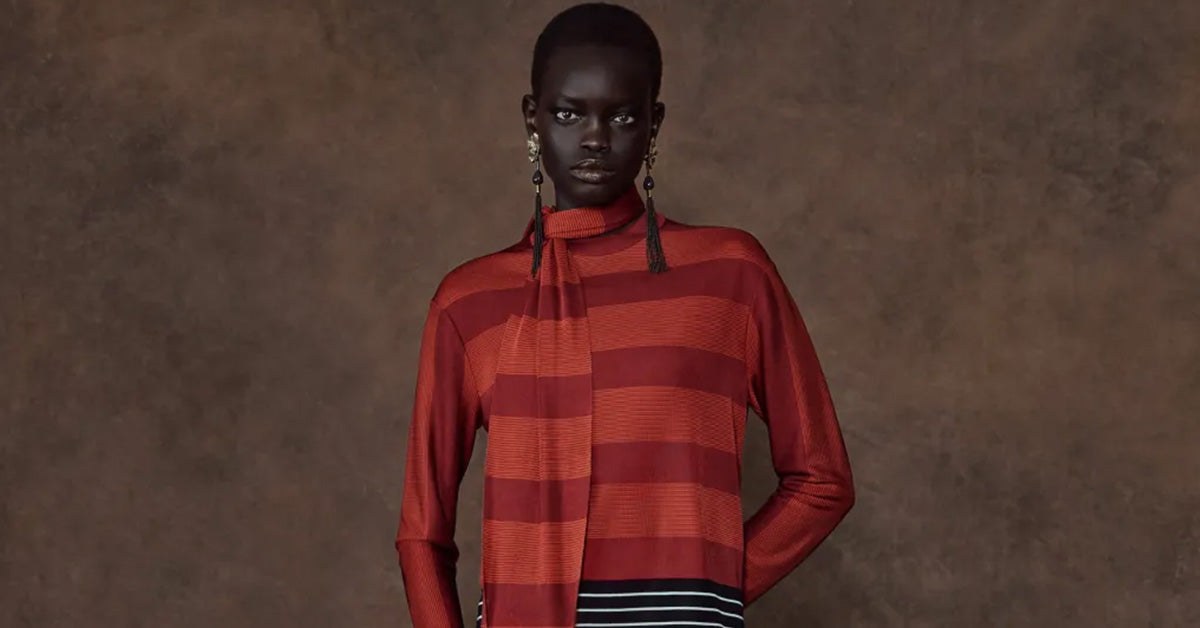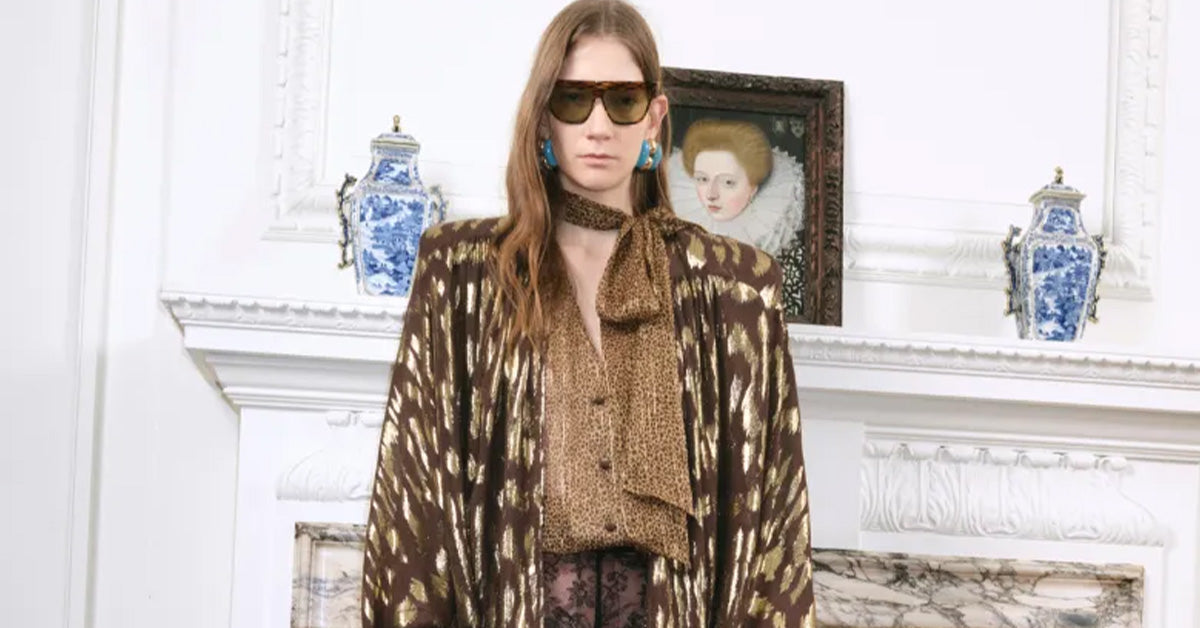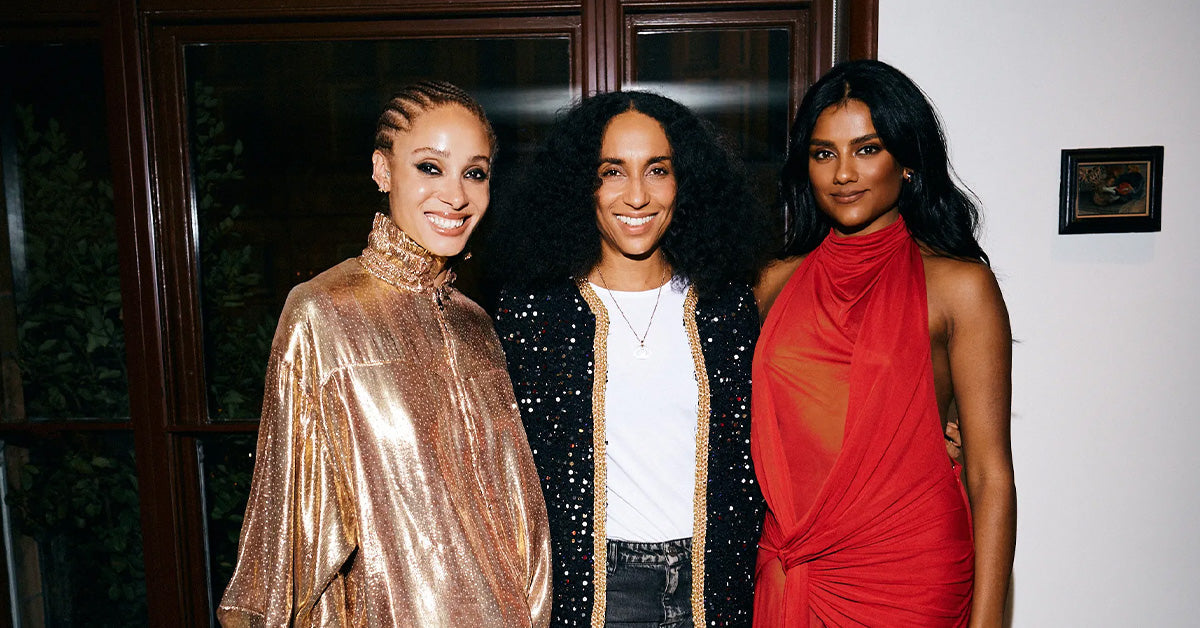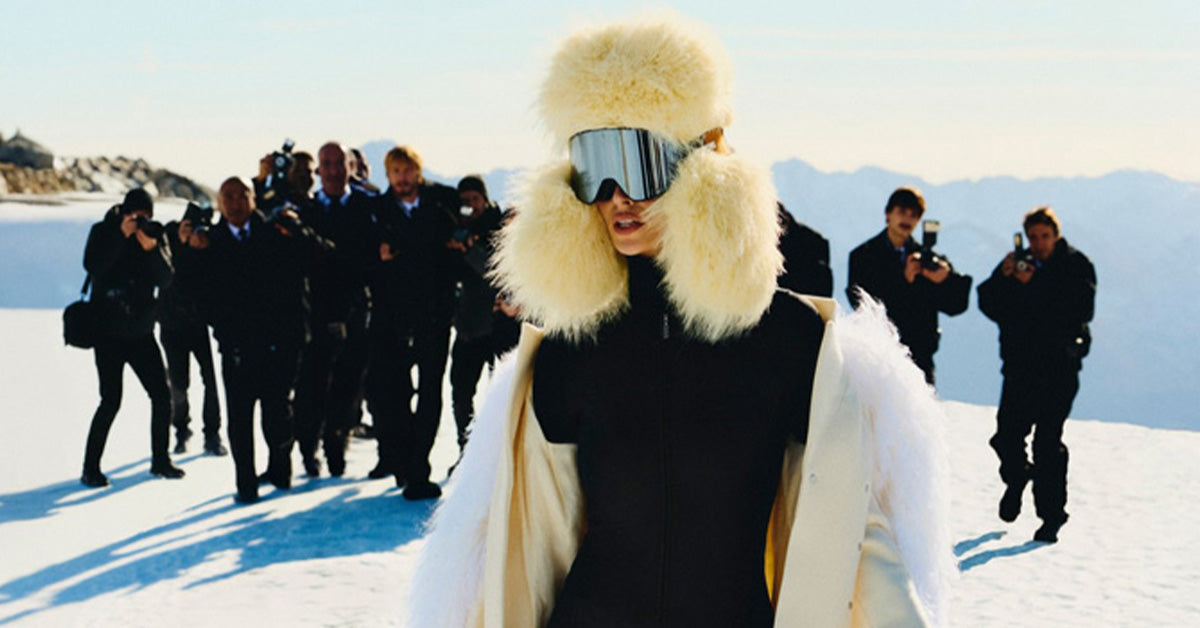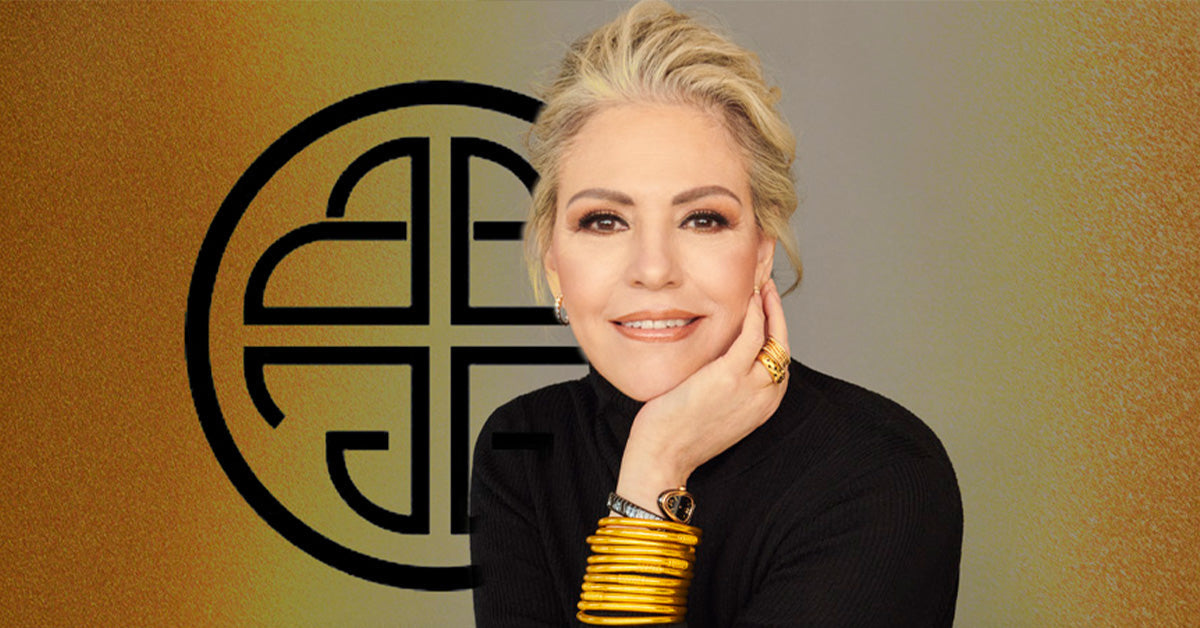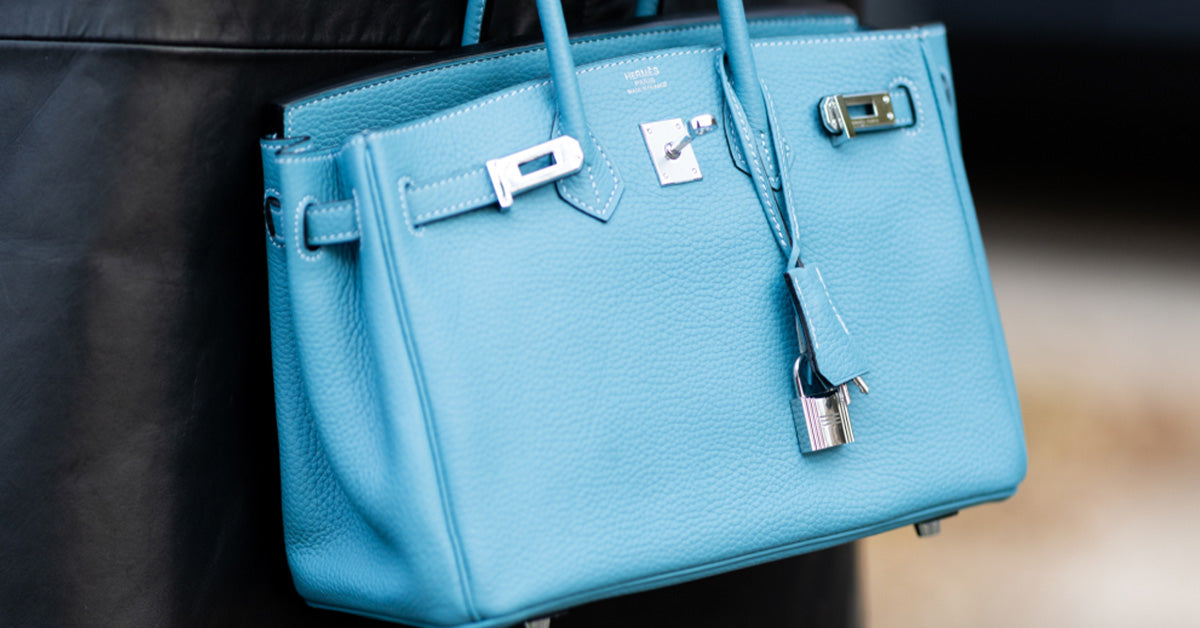The world of fashion is brimming with captivating terminology, and one intriguing phrase that has been gaining traction is "Fashion Scholar." Whether you’re navigating the halls of academia, attending industry panels, or browsing through fashion-forward social media content, this term evokes curiosity and intellectual allure. But what exactly does it mean to be a Fashion Scholar? Let’s delve deep into this fascinating concept and uncover its significance in the fashion universe.
Defining the Term: What is a Fashion Scholar?
A Fashion Scholar is someone who engages in the academic, intellectual, and cultural study of fashion. Unlike designers or stylists who focus primarily on the creative and practical aspects of the industry, Fashion Scholars dissect the deeper meanings, histories, and societal implications of clothing and style. They approach fashion as a field of study, analyzing how it intersects with culture, identity, economics, politics, and technology.
Fashion Scholars often work in academia, contributing to research, teaching, and publishing works on fashion theory. However, the term is not limited to professors or academics. It can also refer to individuals who critically engage with fashion in an intellectual capacity, such as authors, historians, curators, and even informed enthusiasts with a scholarly approach to understanding the industry.
The Role of a Fashion Scholar in the Industry
While the fashion industry is often associated with glitz, glamour, and commerce, Fashion Scholars play a critical role in shaping how we understand and appreciate its deeper dimensions. Their work sheds light on fashion as a cultural artifact, offering insights that go beyond mere aesthetics. Here are some key contributions of Fashion Scholars:
- Fashion History: Exploring the origins and evolution of clothing styles across different eras and cultures.
- Social Commentary: Analyzing how fashion reflects and influences societal norms, values, and power structures.
- Sustainability and Ethics: Examining the environmental and ethical implications of fashion production and consumption.
- Identity and Representation: Investigating how fashion shapes and expresses individual and collective identities, including issues of race, gender, and class.
- Technological Innovation: Studying the impact of emerging technologies, such as 3D printing and digital fashion, on design and production.
Key Characteristics of a Fashion Scholar
What sets Fashion Scholars apart from other professionals in the fashion industry is their unique approach to the subject. Here are some defining characteristics:
- Intellectual Curiosity: A deep interest in uncovering the why and how behind fashion trends and phenomena.
- Analytical Skills: The ability to critically examine fashion through various lenses, such as sociology, anthropology, and art history.
- Interdisciplinary Knowledge: Drawing connections between fashion and other fields, including economics, politics, and technology.
- Commitment to Research: Conducting thorough and well-documented studies to support their conclusions and arguments.
- Passion for Education: Sharing their findings through teaching, writing, and public speaking to foster a deeper understanding of fashion.
Examples of Renowned Fashion Scholars
Throughout history, several individuals have made significant contributions to the scholarly study of fashion. Here are a few notable examples:
- Valerie Steele: A prominent fashion historian and curator, Steele has written extensively on the cultural and social aspects of fashion.
- Elizabeth Wilson: Author of "Adorned in Dreams," Wilson explores the relationship between fashion and modernity.
- Joanne Entwistle: Known for her work on fashion and sociology, Entwistle examines how clothing interacts with identity and the body.
- Caroline Evans: A fashion theorist who delves into the connections between fashion, history, and visual culture.
- Tim Gunn: While best known as a television personality, Gunn's academic background and thoughtful approach to fashion education also align with the principles of a Fashion Scholar.
Why is the Concept of a Fashion Scholar Important?
In an era where fashion is often dismissed as frivolous or superficial, the work of Fashion Scholars reminds us of its profound significance. Fashion is not just about looking good—it’s a powerful form of communication that reflects and shapes our world. By studying fashion through a scholarly lens, we gain a deeper appreciation for its complexities and its role in shaping human experience.
Moreover, Fashion Scholars contribute to important conversations around sustainability, inclusivity, and cultural preservation. Their research helps us understand the consequences of our clothing choices and encourages more ethical and informed decision-making within the industry.
How to Become a Fashion Scholar
If you’re intrigued by the idea of becoming a Fashion Scholar, here are some steps to get you started:
- Pursue Education: Consider studying fashion design, fashion history, cultural studies, or a related field at the undergraduate or graduate level.
- Engage in Research: Explore topics that interest you and contribute original insights to the field through essays, articles, or academic papers.
- Read Widely: Familiarize yourself with key texts, journals, and theories in the field of fashion studies.
- Network: Attend conferences, workshops, and events to connect with other academics and professionals in the industry.
- Contribute to the Conversation: Share your knowledge through teaching, blogging, or participating in panel discussions.
FAQs About Fashion Scholars
-
Q: Is being a Fashion Scholar a formal job title?
A: Not necessarily. While some Fashion Scholars hold formal academic positions, others engage in scholarly work on a freelance or independent basis. -
Q: Do Fashion Scholars need a degree in fashion?
A: While a formal degree can be helpful, it’s not always required. Many Fashion Scholars come from diverse academic backgrounds, including sociology, anthropology, and art history. -
Q: How does a Fashion Scholar differ from a fashion historian?
A: A fashion historian focuses specifically on the historical aspects of fashion, while a Fashion Scholar may explore broader interdisciplinary topics, including cultural and societal implications. -
Q: Can a Fashion Scholar work outside academia?
A: Yes! Fashion Scholars can work as writers, curators, consultants, or public speakers, among other roles. -
Q: What are some recommended books for aspiring Fashion Scholars?
A: Some essential reads include "Fashion Theory: A Reader" by Malcolm Barnard, "Adorned in Dreams" by Elizabeth Wilson, and "The Fashion System" by Roland Barthes.

